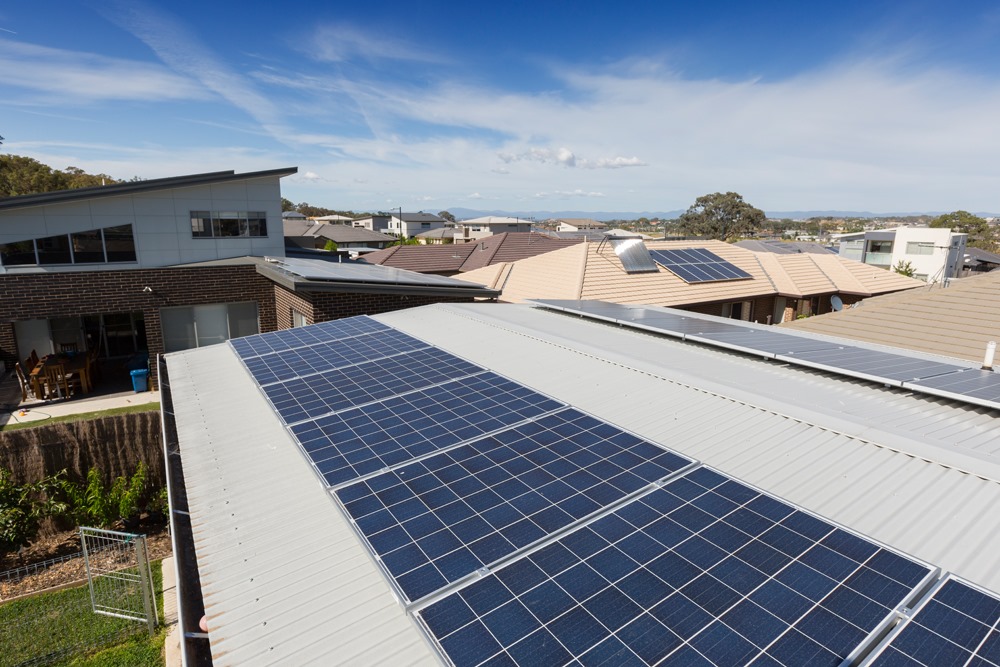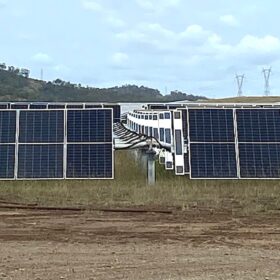Three new community batteries with a capacity of 160 kW / 440 kWh will be installed in Canberra in the coming months after the federal government committed $1.5 million (USD 960,000) in funding for the projects.
The batteries, that will be owned and operated by Australian Capital Territory (ACT) network owner Evoenergy, will be installed in the Canberra suburbs of Casey, Dickson and Fadden.
Australian Energy Minister Chris Bowen said the community batteries will allow residents with, and without rooftop solar to reap the benefits of storage without the cost of a household battery.
“Across these three locations there are 6,000 households with solar panels on their roofs but less than 300 batteries,” he said, adding that batteries are expensive at the household level.
“But a community battery opens up the opportunity for people who can’t justify or afford the cost of a household battery to participate further in that renewable energy revolution.”
ACT Chief Minister Andrew Barr said the new batteries will increase storage capacity in the electricity network and allow more households to connect rooftop solar.
“Since 2020, 100% of electricity in the ACT has come from renewable sources, and initiatives like community batteries prove the viability of local renewable energy generation and storage in supporting a robust, affordable, and sustainable energy grid,” he said.
The new Canberra community batteries are the latest to be announced as part of the federal government’s $200 million Community Batteries for Household Solar program.
The goal of the initiative is to deploy 400 community batteries across Australia that will provide shared storage for up to 100,000 households.
In addition to the three batteries in ACT, the first tranche of community batteries will see 13 batteries installed in Queensland, 15 in New South Wales, 15 in Victoria, two in South Australia, two in Tasmania and six in Western Australia.
According to grant guidelines, the projects are expected to be finished by 31 March 2025.
This content is protected by copyright and may not be reused. If you want to cooperate with us and would like to reuse some of our content, please contact: editors@pv-magazine.com.









The biggest problem is Mr Chris Bowen MP and his mates have no idea. The 300 residence batteries will still have 3 times the capacity of this halfhearted attempt by the people that have never been willing to solve the problem of energy storage.